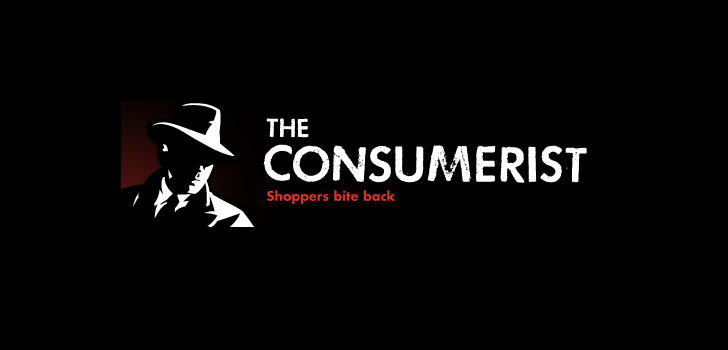Pro-regulation interests often resort to highly misleading arguments to advance their cause. Fortunately that kind of deception ultimately exposes the weakness of their underlying argument and public policy position.
To promote Netflix’ “strong” version of net neutrality regulation and to oppose the Comcast-TWC acquisition, Consumerist just framed a very deceptive whopper competition argument: “Comcast says mobile data is competitive, but it costs $2k to stream Breaking Bad over LTE.”
Consumerist: “Since Netflix is the driver of so much internet traffic, and the center of so many of the conversations around home broadband, TV seemed to be the way to go. The question we decided to answer is: How much will you pay for the data it takes to watch the entire series run of Breaking Bad in one month?” Consumerist’s contrived calculation was $1,200 – $2,200 for a billing cycle.
Consumerist cynically uses a classic deceptive straw man argument, hoping that most people will not catch their bogus premise that Comcast does not have broadband competition from 4 national mobile LTE OTT competitors, because it is exceptionally more expensive to binge-watch premium video programming on mobile LTE plans than it is on cable.
Let’s deconstruct this clearly unreasonable straw man argument.
First, no good deed goes unpunished. Consumerist turns the great benefit of Comcast-TWC’s high-bandwidth/usage broadband offerings that enable binge-watching of premium programming, into a problem!
Second, one can easily buy all seasons of Breaking Bad on DVD at Best Buy and other retail outlets, or on iTunes and Amazon.
Third, one can binge-watch Breaking Bad on cable or DBS — with or without a DVR. These technologies are designed, in infrastructure and economic model, to enable mass binge-watching economically.
Fourth, almost no one uses mobile LTE Consumerist’ straw man way. That’s because people know how to routinely use free WiFi to watch video on their LTE phones. Most LTE providers enable and encourage offloading high-bandwidth video content like Breaking Bad onto WiFi to more-economically manage their data usage. In addition, cable broadband providers offer their subscribers free WiFi in hundreds of thousands of spots in America so they also could binge-watch in those widely-available locations if they wanted to.
Fifth, in what common sense world is it bad for people to binge-watch video programming on technologies actually designed for viewing mass volumes of video by millions of people? Any engineer will tell Consumerist that distributing large volumes of video programming daily to many millions of people is highly economic and efficient via over-the-air broadcast, cable, or DBS technologies.
Sixth, Consumerist’s straw-man argument rests on an even more bogus straw-man core-assumption: competitors must have near identical offerings to consumers in order to be considered competitive substitutes. That is not a consumer-focused view of competition, because consumers know they have a diversity of wants, needs, demands, and means that need to be matched with a diversity of technologies, infrastructures, services, amounts, and prices. Diversity of choice, availability of innovative offerings, and robust investment are all hallmarks of dynamic market competition, and which are all generously present in America’s world-leading broadband and video distribution markets.
Lastly, Consumerist is implicitly promoting the Netflix argument for maximal broadband regulation and blocking the Comcast-TWC acquisition by assuming that the high-end markets that offer the highest prices for the most cutting-edge or market-leading services can be separated from the underlying basic mass market — for antitrust purposes. The fallacy here is similar to thinking that the market for luxury cars is separate from the market for non-luxury cars – when one can understand that the distinction of what car or feature is considered a “luxury” when the products and features in high-end markets are highly-fluid, with easily-disputed market boundaries.
In sum, apparently NetFlix, Consumerist and other broadband-regulation maximalists, need to resort to deceptive straw man arguments to try and somehow justify their extreme position for maximal broadband regulation and blocking the Comcast-TWC merger.
Importantly, one of the things that make the FCC an expert agency is that they can see through fallacious straw men arguments, and FCC-reviewing courts certainly can as well.
[First published at the Precursor blog.]





